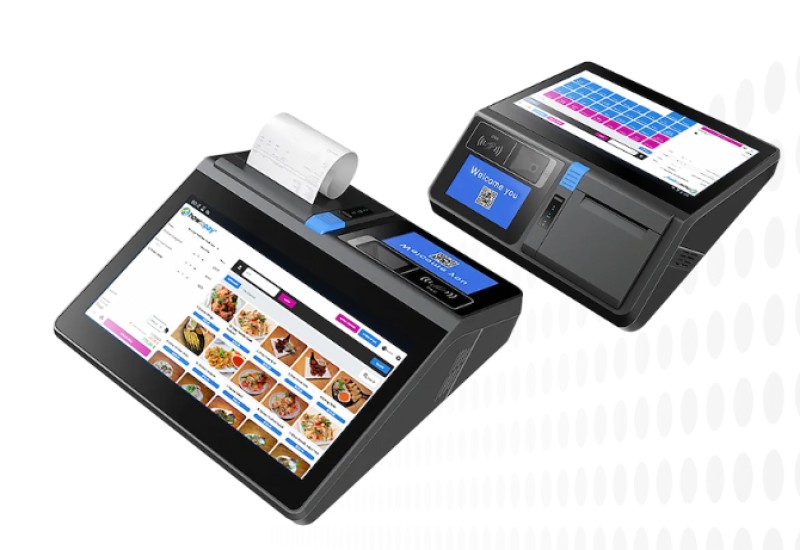

Why You Should Avoid Going Cashless in 2024
In an increasingly digital world, the move towards a cashless society may seem inevitable and even convenient. However, as we stand on the brink of 2024, it's essential to recognize the significant advantages of maintaining the use of cash. From fostering financial inclusion to ensuring privacy and security, cash plays a vital role in our economy and society. Here's why we should resist the rush to go entirely cashless.
Cash Brings Freedom and Inclusivity
One of the most compelling arguments for the continued use of cash is its role in providing freedom and inclusivity. Cash is a universal medium of exchange that doesn't require a bank account, smartphone, or internet connection. This is crucial for the unbanked population, which, contrary to popular belief, is far more extensive than many realize.
According to the World Bank, around 1.7 billion adults globally do not have access to a bank account. In the United States alone, millions of people are either unbanked or underbanked, relying on alternative financial services that often come with high fees. For these individuals, cash is not just an option; it's a necessity for survival. It allows them to participate in the economy, pay for goods and services, and manage their finances without the barriers posed by digital banking.
Privacy and Security
In an age where digital footprints are meticulously tracked and data breaches are alarmingly common, cash offers a level of privacy and security that digital transactions cannot match. Every time you swipe your card or use a payment app, you're leaving behind a trail of data that can be monitored, analyzed, and potentially exploited. This data can be used to build detailed profiles of your spending habits, which can then be sold to advertisers or, in more concerning scenarios, accessed by malicious actors.
Cash transactions, on the other hand, are private and untraceable. They offer a way to make purchases without leaving a digital record, protecting your personal information from being collected and potentially misused.
The Uncertain Reliability of Digital Systems
Another critical factor to consider is the reliability of digital payment systems. While technology has advanced significantly, it is not infallible. Systems can go down due to technical glitches, cyberattacks, or even power outages. When these systems fail, those relying solely on digital payments can find themselves unable to access their funds or complete transactions.
Banks have been known to freeze accounts or experience service interruptions, leaving customers in precarious situations. In contrast, cash is always available and functional, providing a reliable backup in times of digital disruption.
Encouraging the Use of Cash
Given the significant benefits of cash, it's important to encourage its continued use in society. One way to do this is by offering discounts for cash payments. This not only incentivizes consumers to use cash but also helps businesses save on transaction fees associated with card payments. By promoting cash discounts, we can ensure that cash remains a viable and attractive option for both consumers and merchants.
Conclusion: Cash is King
As we move forward into 2024, it's crucial to recognize the importance of cash in our economy and society. Cash brings freedom, privacy, and security, and serves as a vital tool for the unbanked population. While the push towards a cashless society may seem appealing, we must remember the invaluable benefits that cash offers. By continuing to accept and promote the use of cash, we can ensure that it remains a cornerstone of our financial system. After all, cash is king, and it will continue to reign as long as we choose to embrace its many advantages.
What's your reaction?













Comments
Leave a Reply